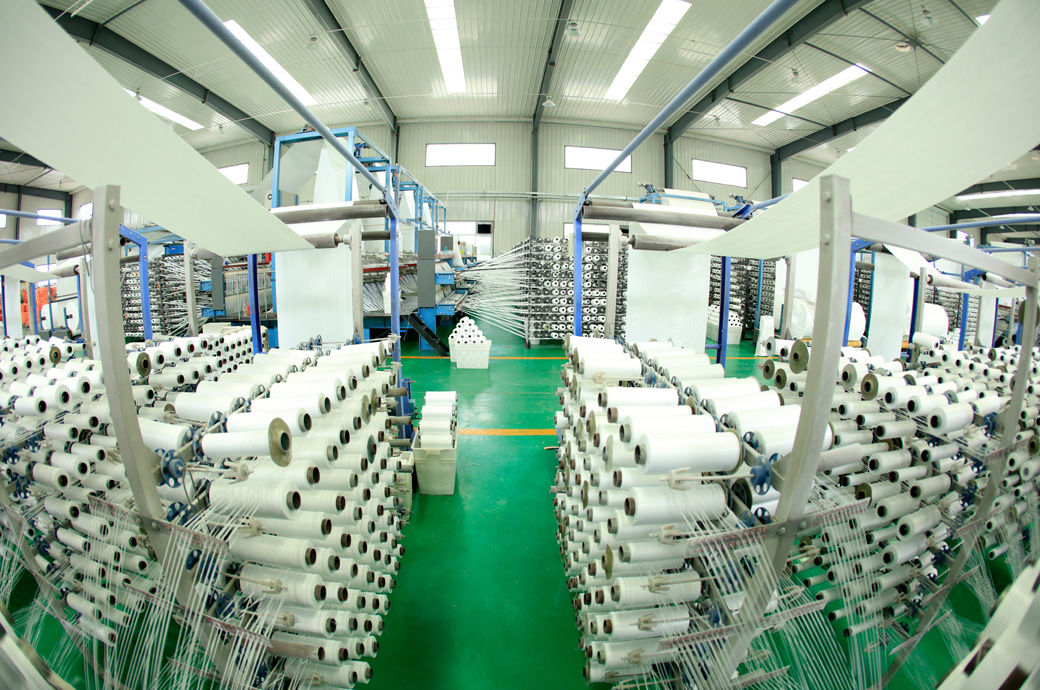European businesses confident in Vietnam’s long-term growth: EuroCham

While fewer companies report the economic situation as ‘very poor’ (decreasing from 8 per cent to 6 per cent), those describing it as ‘not good’ increased slightly from 24 per cent to 26 per cent.
Despite Vietnam’s robust first-half GDP growth, the Q2 2024 Business Confidence Index of the European Chamber of Commerce there saw a marginal decline.
While fewer firms report the economic situation as ‘very poor’, those describing it as ‘not good’ rose slightly.
Most still maintain a neutral to positive outlook regarding their own business conditions.
Despite this, a majority (68 per cent) still maintain a neutral to positive outlook regarding their own business conditions, suggesting an overall sense of stability, the BCI survey, conducted by Decision Lab, revealed.
Though overall sentiment towards Vietnam’s economic outlook in Q3 2024 is cautiously optimistic (45 per cent), individual businesses are more hesitant about their own prospects for the quarter, with 45 per cent remaining neutral and 23 per cent expressing concerns.
This short-term uncertainty is balanced by robust long-term confidence, with nearly 70 per cent of businesses expressing optimism about the country’s economic growth over the next five years. This confidence is further reflected in the fact that a comparable percentage would recommend Vietnam as an investment destination, a EuroCham release said.
The survey also highlights persistent regulatory challenges that hinder growth and investment. Key pain points identified include ambiguous regulations subject to varying interpretations; burdensome administrative processes; difficulties in obtaining licences, permits and approvals; challenges with visas and work permits for foreign workers; and duplicate or inconsistent approvals across government levels.
Despite the introduction of Decree No. 70 in September 2023 to streamline work permit and visa procedures for foreign workers, only 3.3 per cent of respondents report significant improvements.
While half acknowledge some progress, a quarter indicates no change. Enhancing this process is crucial for attracting international talent and fostering knowledge exchange.
The recently implemented Personal Data Protection Decree (PDPD), designed to safeguard personal information, has inadvertently caused uncertainty among businesses, the survey found.
A quarter of survey respondents admit to not fully understanding the decree’s requirements, and only a third feel confident in their ability to comply. This highlights the need for clearer guidance and support from authorities to ensure a smooth transition and compliance, the report added.
Fibre2Fashion News Desk (DS)
Related
European markets fall and euro soars amid Trump tariff delays
European stock markets have slumped after Donald Trump’s second reversal on tariffs caused deep uncertainty among investors, while the euro was on track for i
European Central Bank cuts interest rates, keeps door ajar to…
Open this photo in gallery:The European Central Bank headquarters, in Frankfurt, Germany, on June 6, 2024.Wolfgang Rattay/ReutersThe European Central Bank cut i
European security, economy without Türkiye ‘impossible,’ says business leader –…
ISTANBUL Türkiye’s strategic importance for Europe's future is both undeniable and multifaceted, encompassing critical areas suc
Westcon-Comstor promotes Rene Klein to lead unified European business
Westcon-Comstor has announced the appointment of Rene Klein as executive vice president for EMEA, tasked with leading the company’s new unified leadership st











